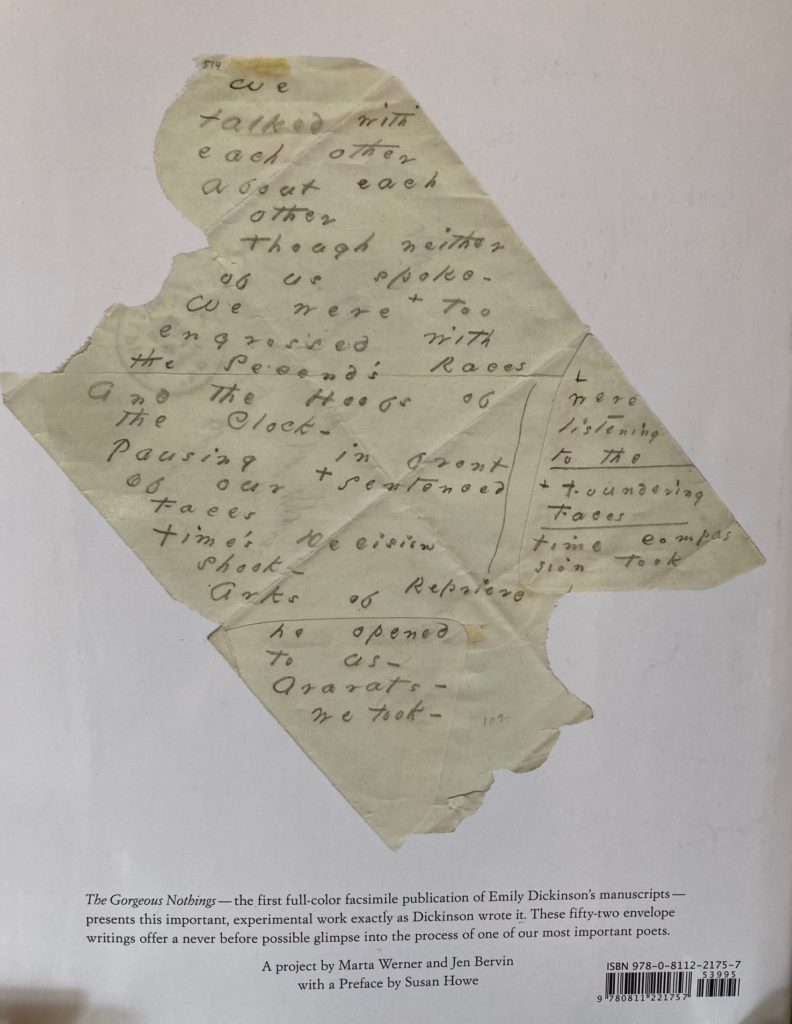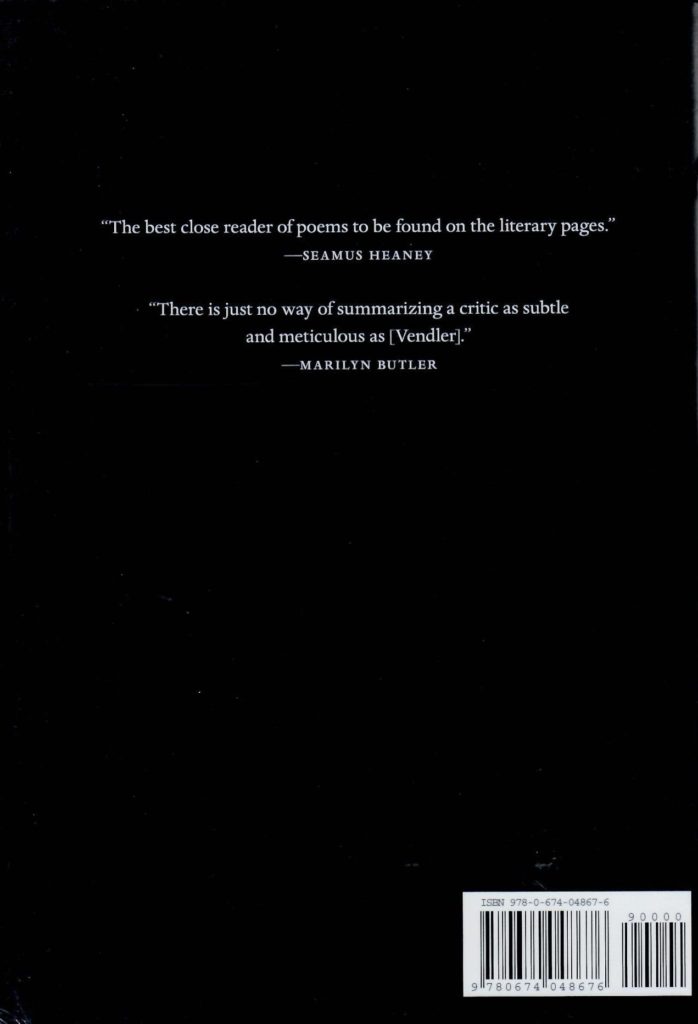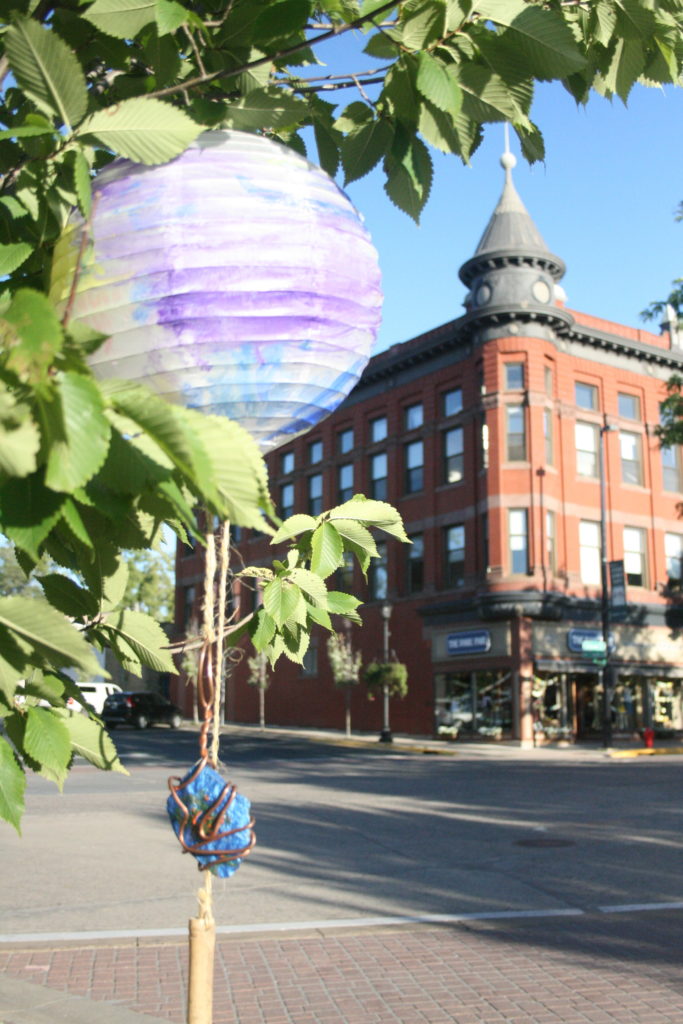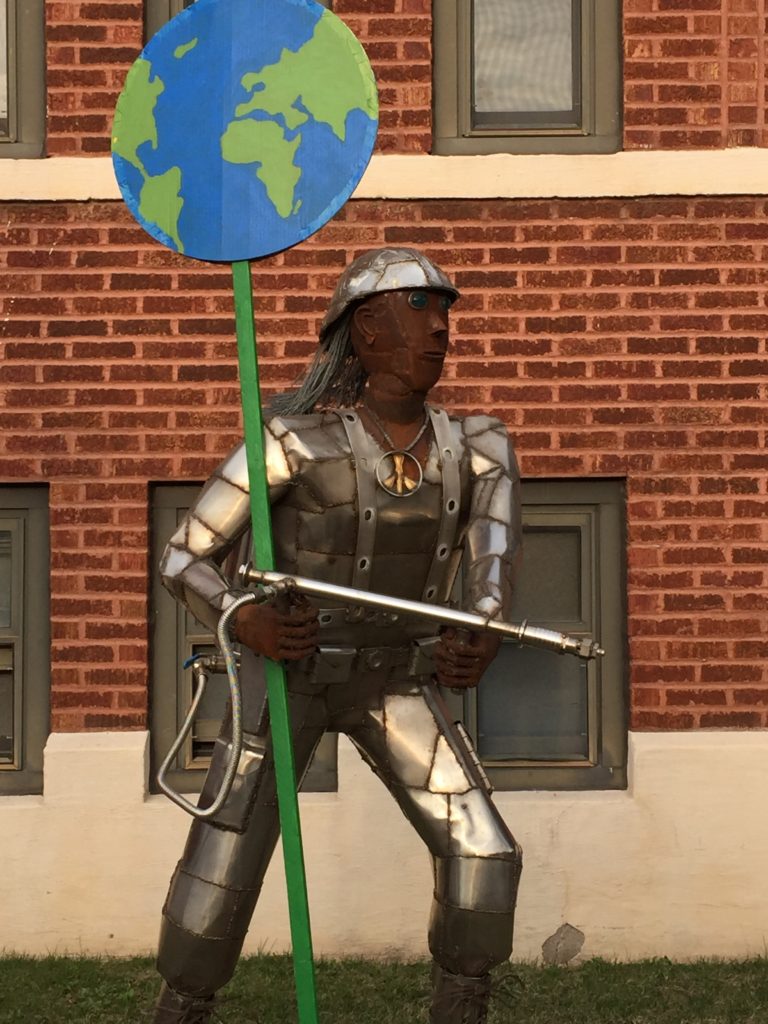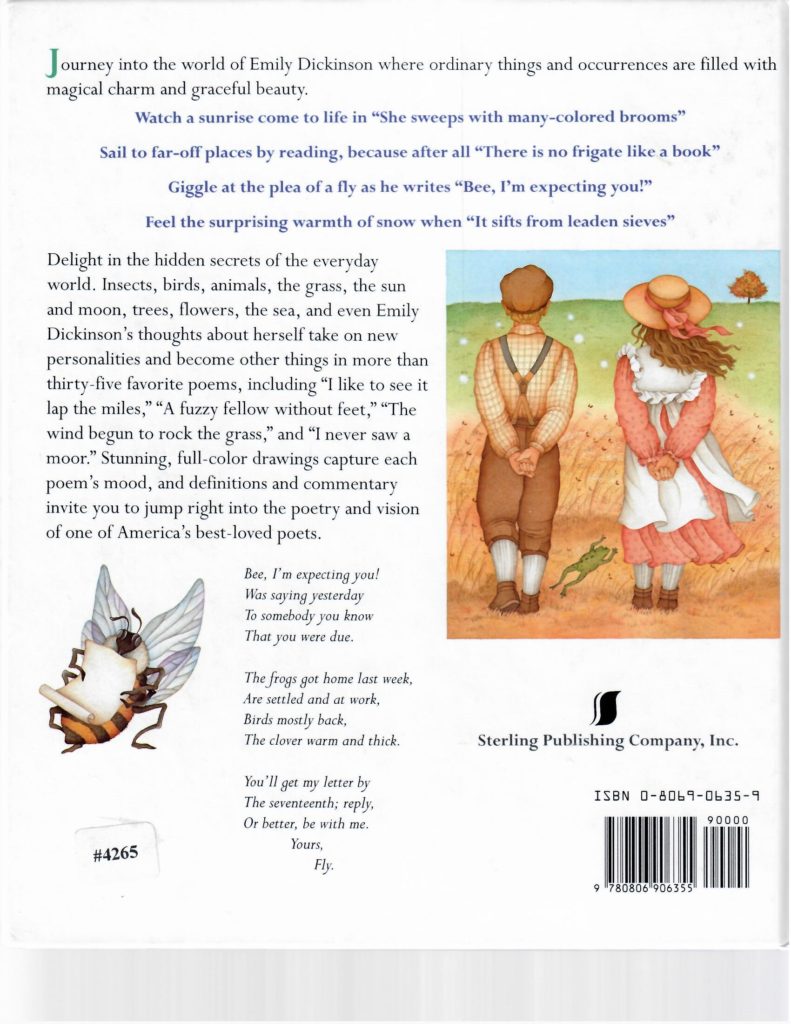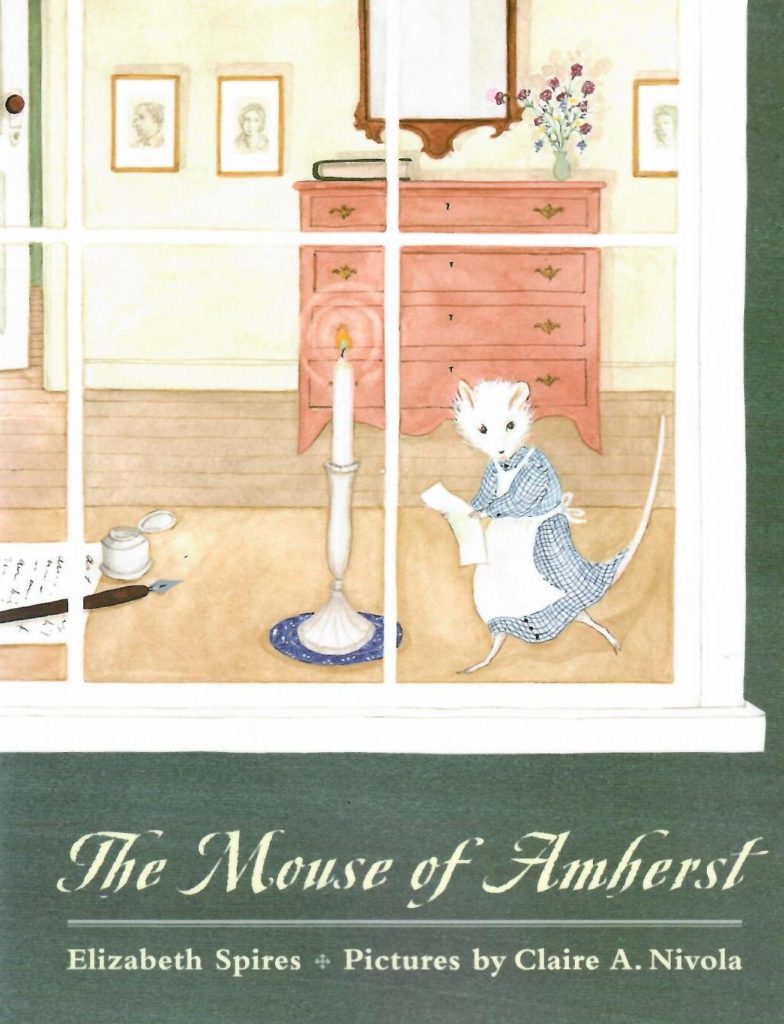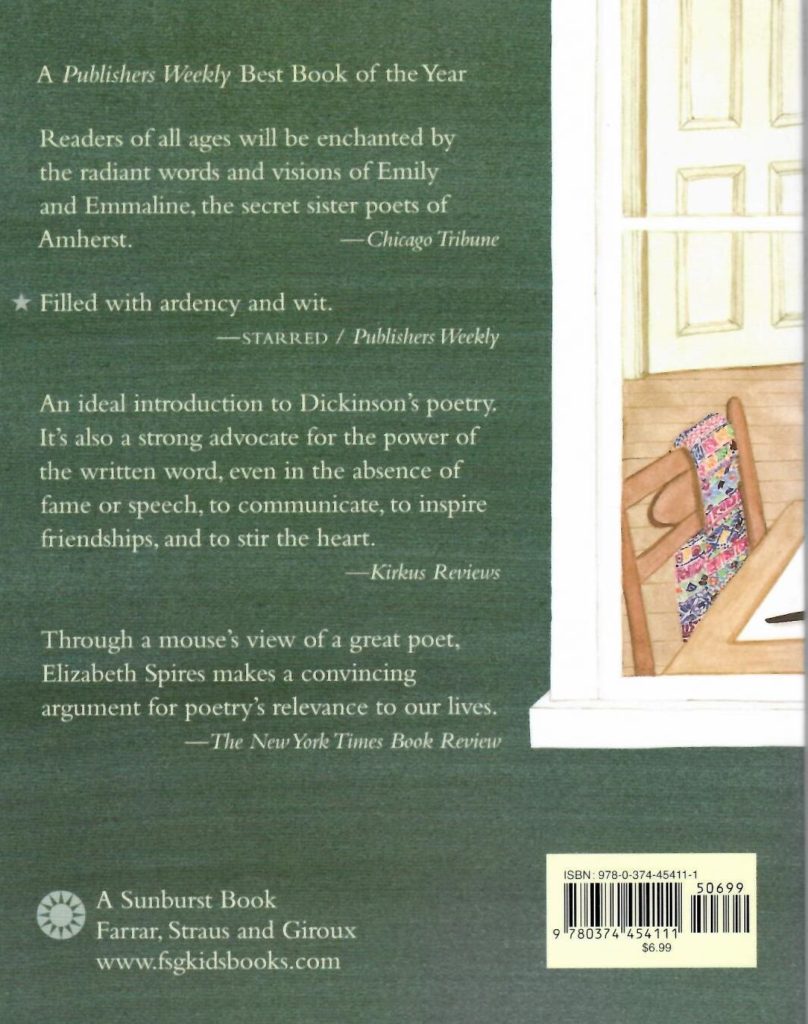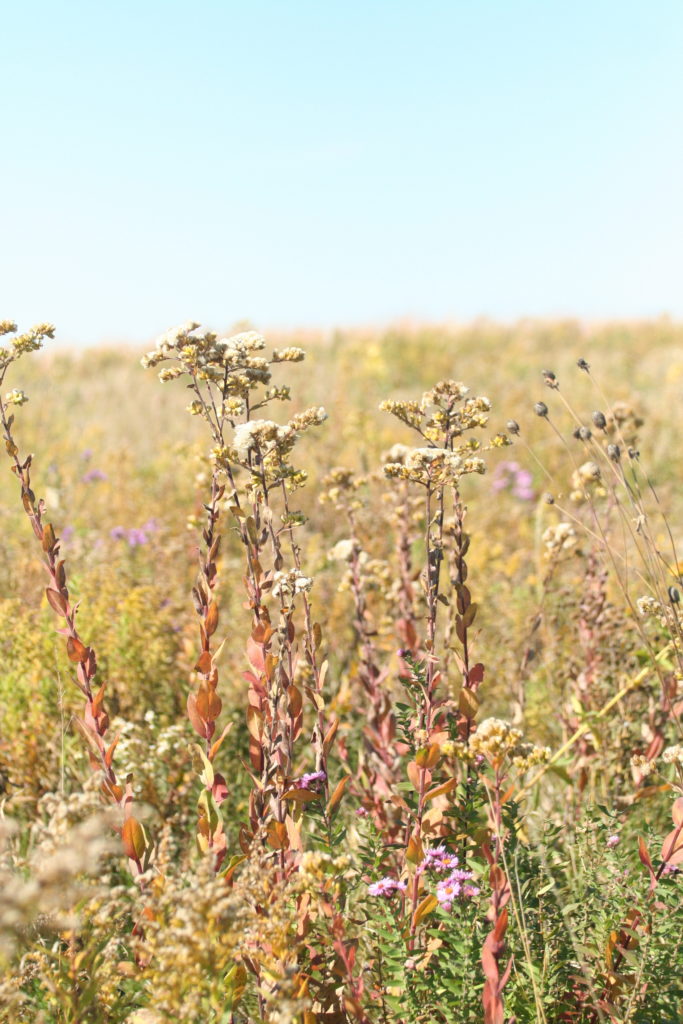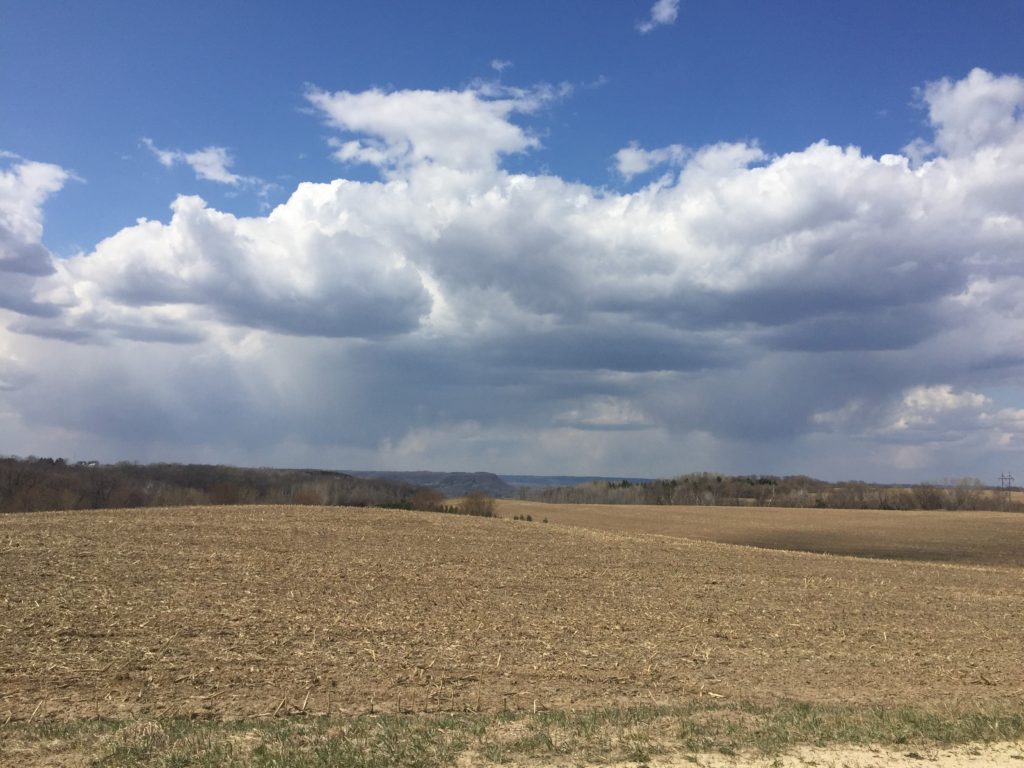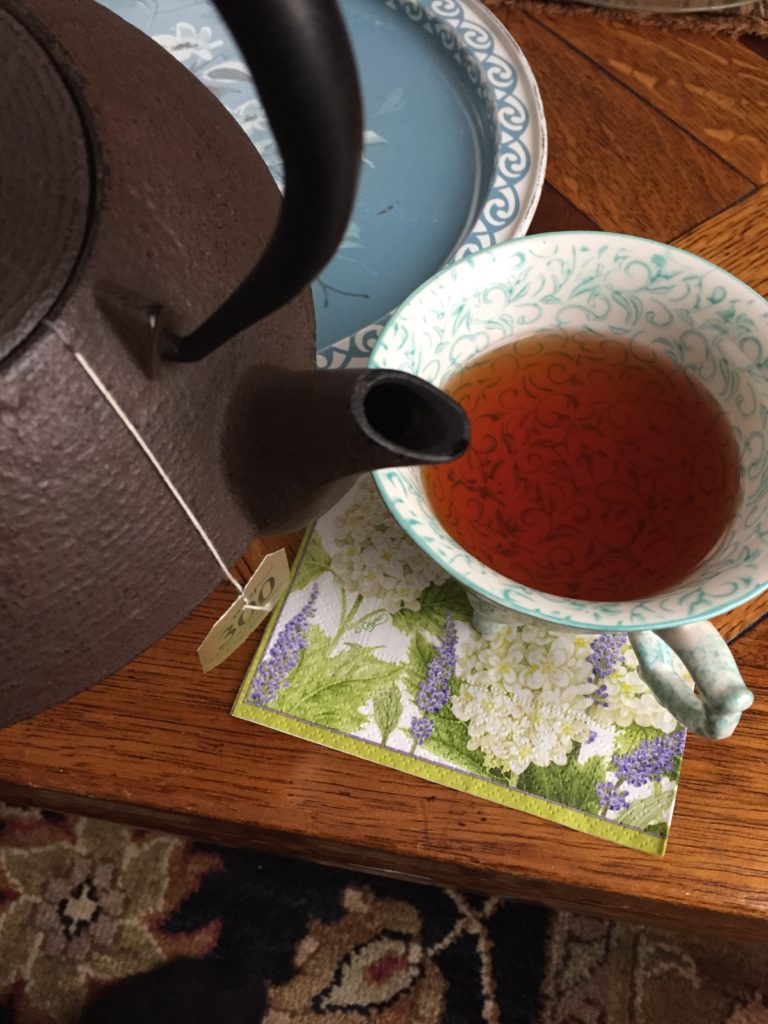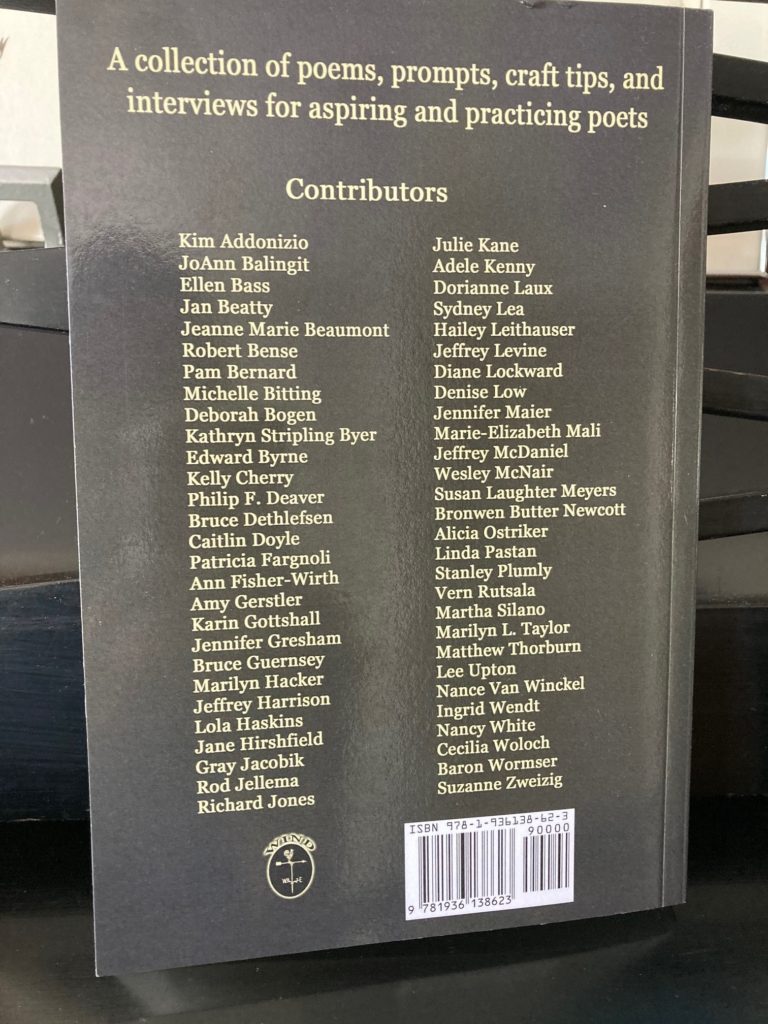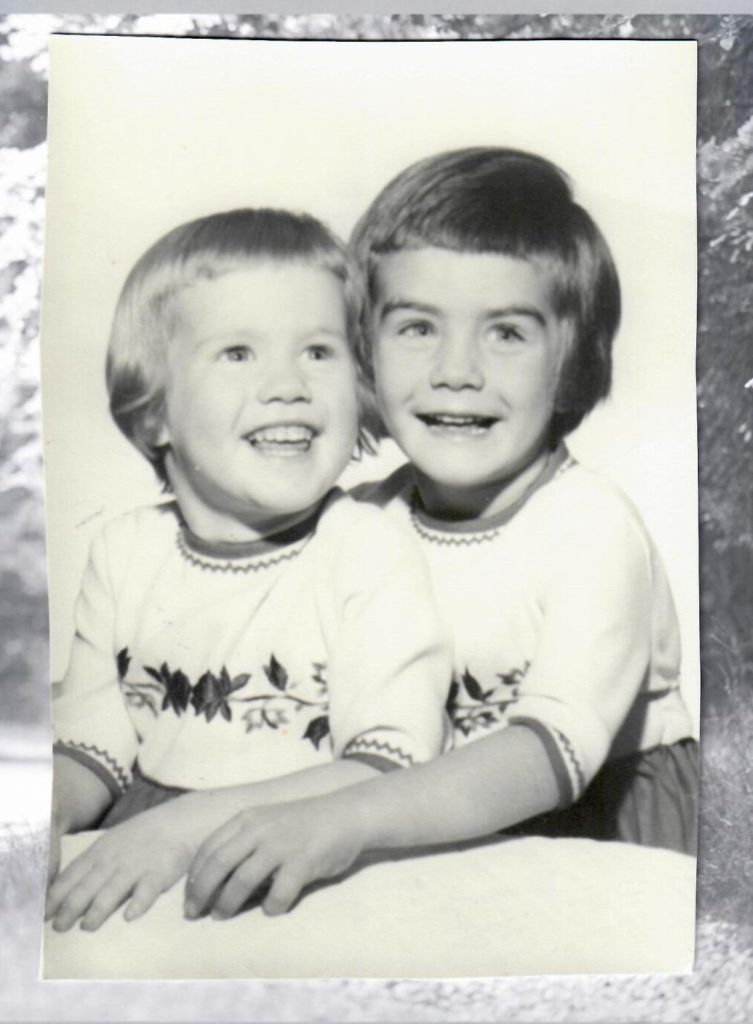
First things first! Today is the birthday of Karla, my dear sister, and I am celebrating all day long. In a way, I have been celebrating all year long, and the theme for today’s post centers on the that. First, though, I wanted to share with all of you (and with Karla’s permission) the most recent of the incredible images she sent me as a card in the mail. (As you probably know from other posts, Karla is a gifted photographer and artist. Often, when I talk with her, I hear the birds she feeds on her sixth-floor balcony, and I am in awe of her ability to capture them so unobtrusively and clearly in her photographs.)
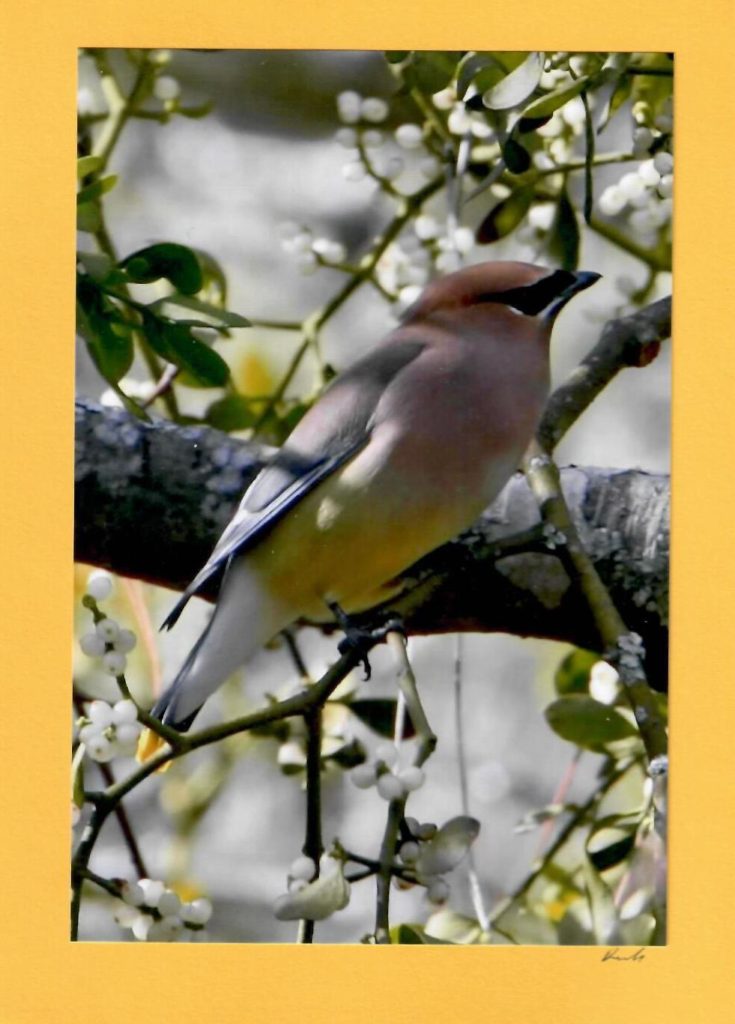
Regarding the Poem for April 13, 2021: “A Quilt for Karla”
Since I began participating in the National Poetry Month Challenge in 2016, I have a tradition of making the poem that comes each April 13–whatever other prompt may come into play–centered on the great luck of having Karla as my sister. Today’s poem is no exception: it is inspired by her presence in my life.
The poem is, I suppose, an exploration of how love helps us piece together the scraps of life–whether in a cloth quilt or in a poem–into patterns that, while part of tradition, are also unique expressions of the moment, the individual, and the particular. And pieced in with that is an awareness of the news here and elsewhere that troubles the mind and heart deeply, how we need to balance that awareness with hope, because that is what love says to us, that hope is not empty but at least as real as pain. And that change, making something new, starts with an intention that is added to, day by day, and is not perfect but is still something well meant and useful that was not there before.
As a corollary, and with Karla’s permission, I am sharing photos of my process over the past year’s in designing (with Karla’s input on pattern and color) a special quilt for her sixtieth birthday. She has told me that it arrived safely, and that it does fit her new bed, and that it is not too warm at the moment for Atlanta weather. Check! Check! Check! I am sorry that I cannot be with her to celebrate on this special day, but I am just thrilled that she woke up this morning, and could look down and see something made just for her and know how much she is cherished in this world.
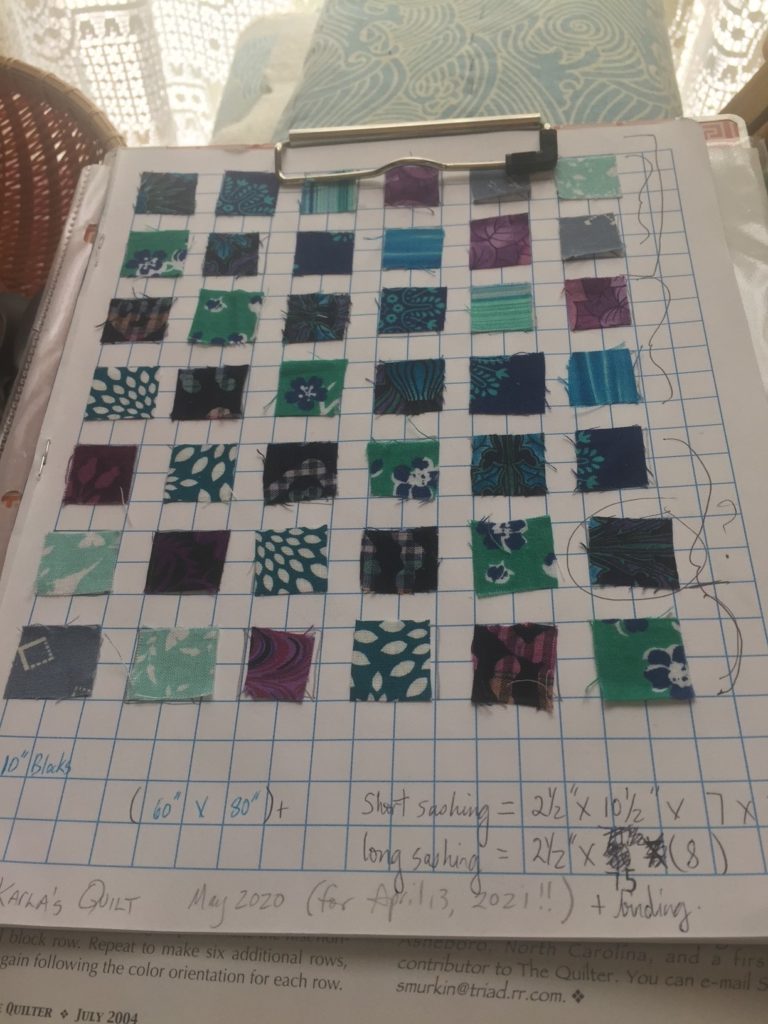
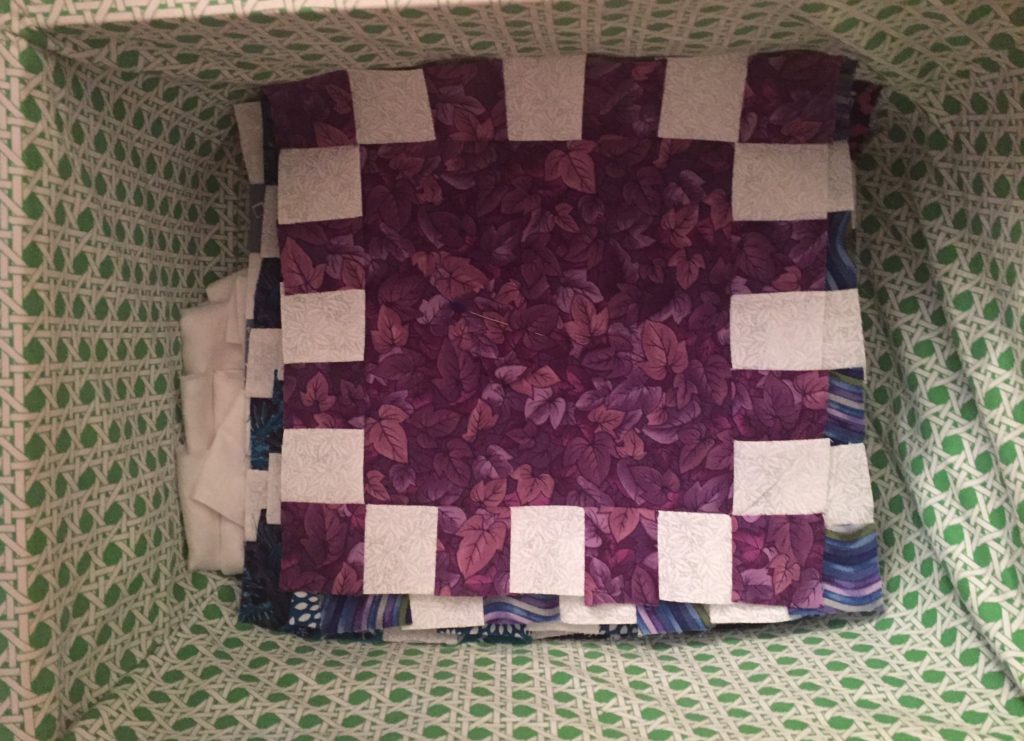
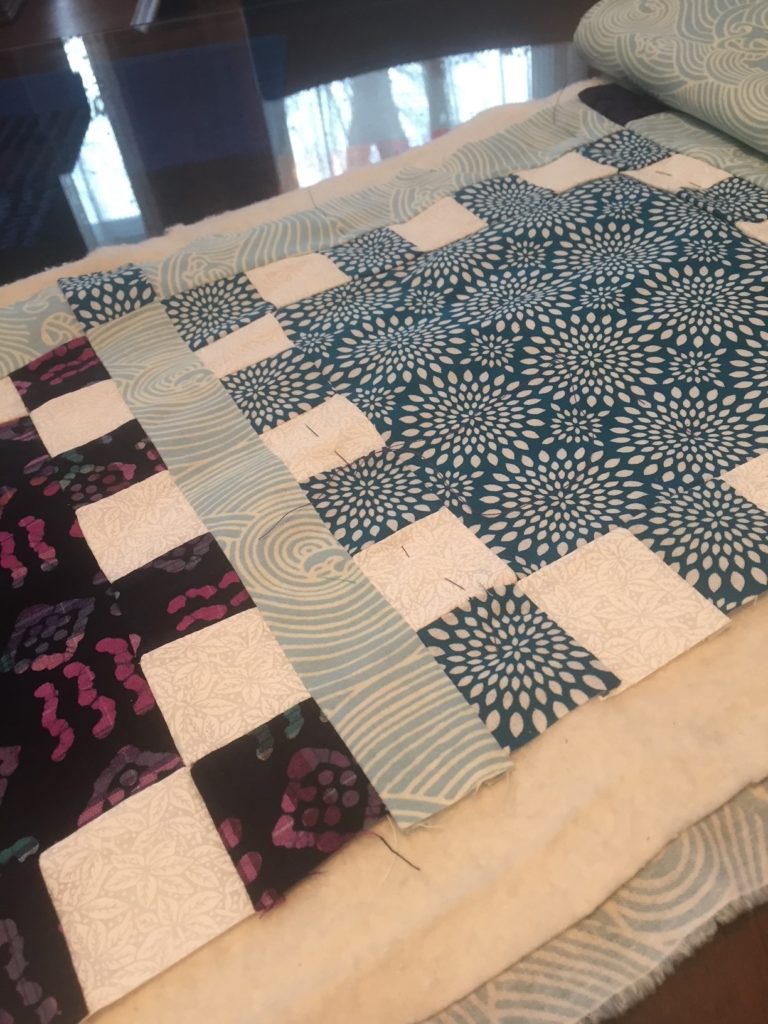



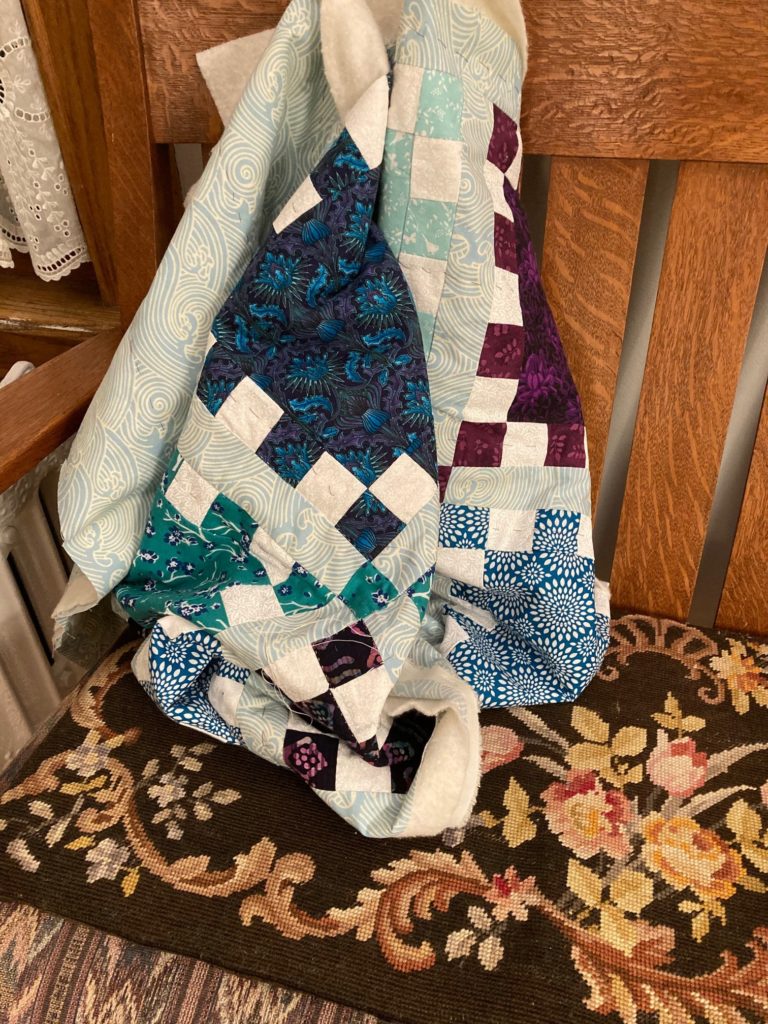
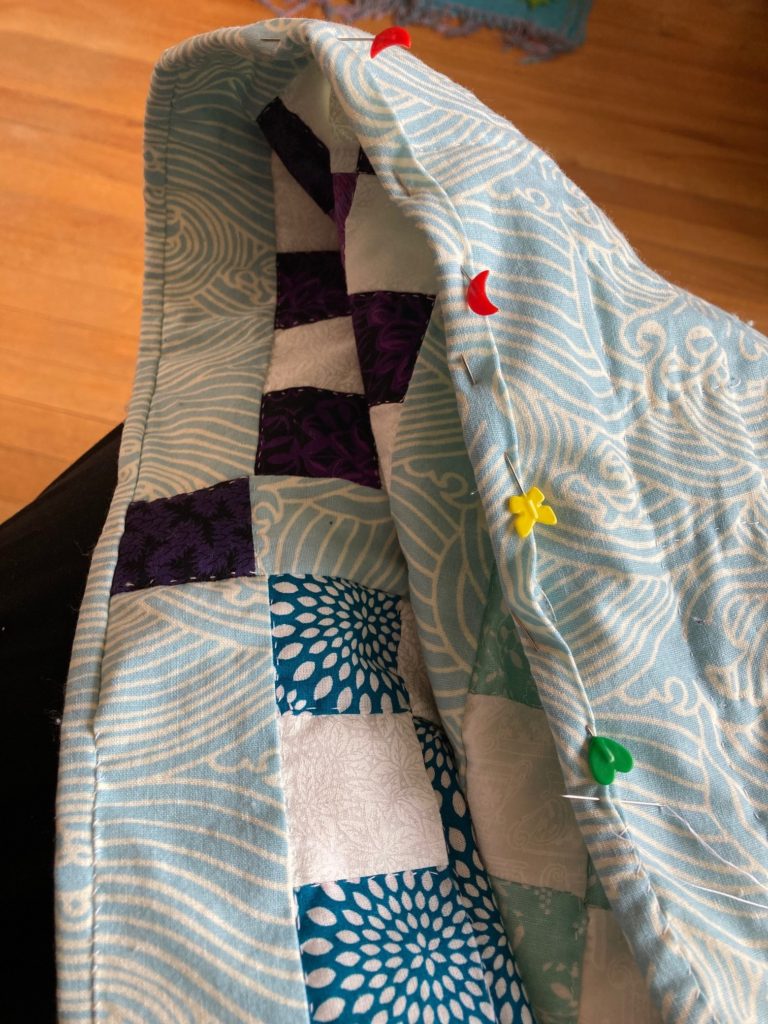

All the cutting, piecing, and quilting was done by hand, but (for the first time) I used a machine (given to me by my friend, Corrine Heiberg, her beloved Elna) to sew some of the long straight seams joining the blocks so as to make it stronger and longer-lasting.
Library Spotlight:
Among the great gifts of my time in the M.F.A. program in poetry at McNeese State University in Lake Charles, Louisiana was honing my craft as a poet and taking my first hesitant stitches toward becoming a quilter. I had been enamored of quilting for several years when I arrived. No one in my family made quilts–though they sewed and knitted. I still wanted to learn, but, frankly, I had been going about it all wrong. Yes, timid bibliophile that I am, I had bought two books on the subject and read them, along with dozens of photograph-packed issues of Country Living Magazine. I suppose, I thought, that the skill might be absorbed through some from of ink-to-cloth osmosis? I wrote a poem (“The Book of Quilts”) inspired by an illustrated oral history that I have featured in another post, but I didn’t know how to take the first step toward making my own.
That didn’t happen. What did happen was that I mentioned my yearning to a classmate, Tom Ray. He said, “Oh, I can teach you how to quilt.” And he did, in one afternoon. That little kindly one-on-one lesson was all I needed to begin. I was off and running before the week was over, cutting out shapes for my first pieced project, a red and white “Drunkard’s Path.”
Also during my years at McNeese, when I worked at the Library’s circulation desk, I first learned of the compendium of Quilts in America by Patsy and Myron Orlofsky (Abbeville Publishers, 1974.) I checked this scholarly treasure trove out as many times as I could. A few years later, (when I had an income!) I learned it was out of print, but I located a used copy in great shape. (Trust me, this was a bit of a safari before access to the Internet.) I still refer to it, and am grateful for its existence.
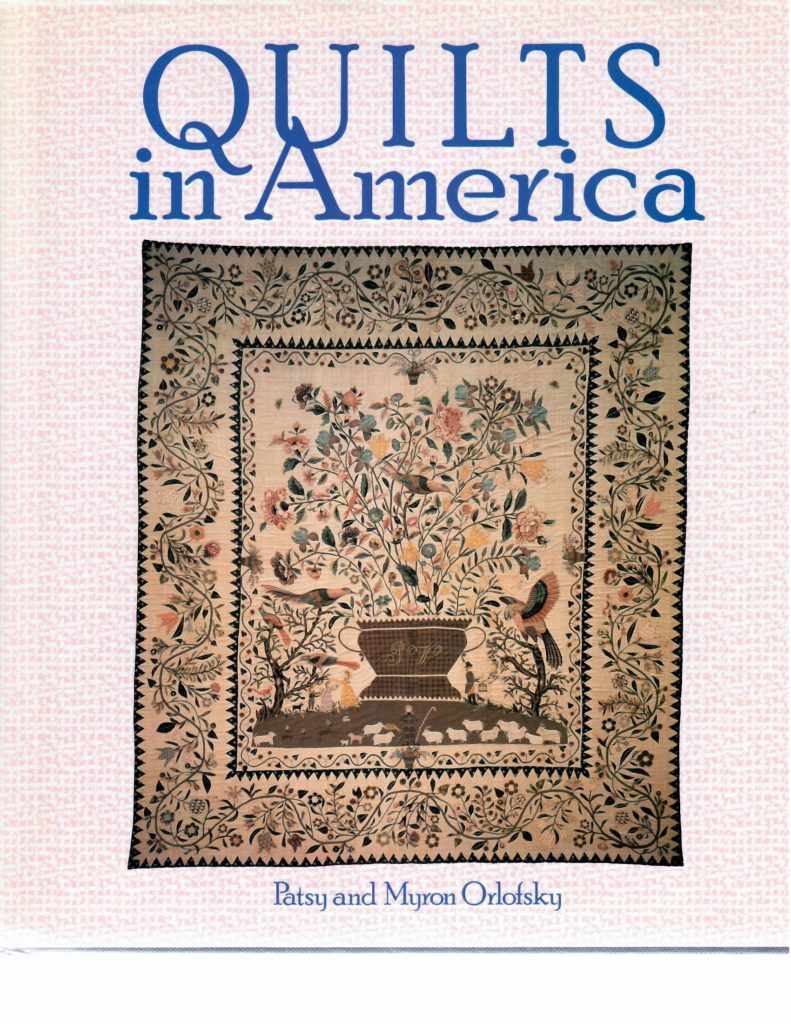
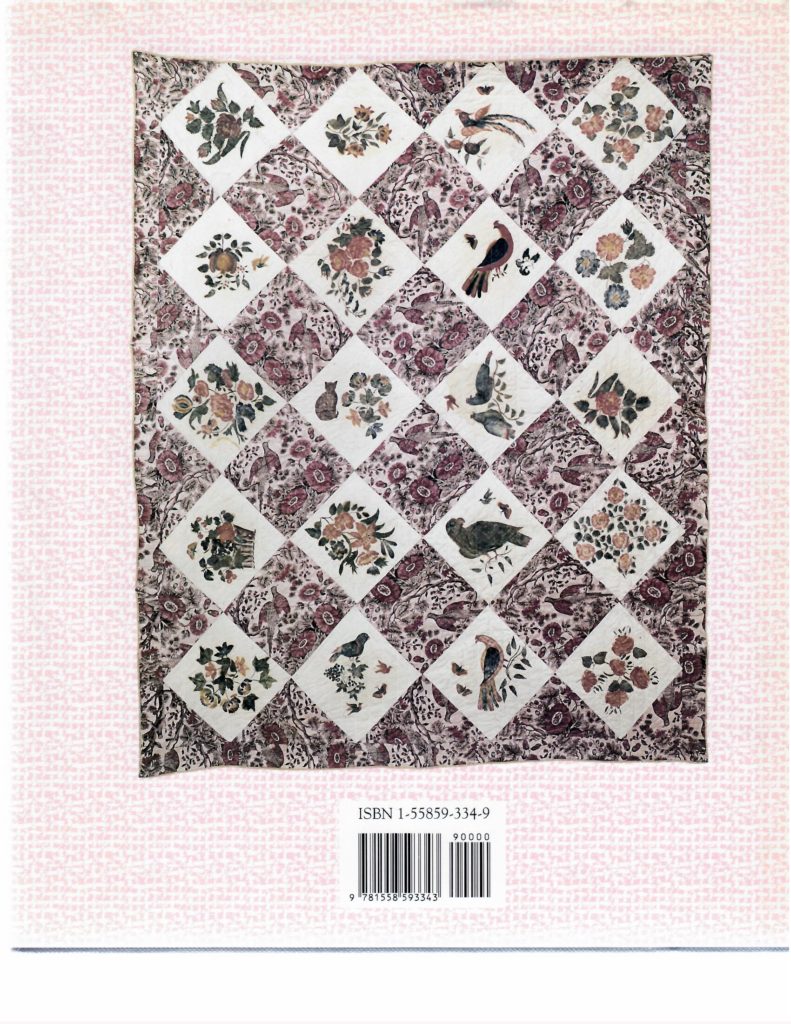
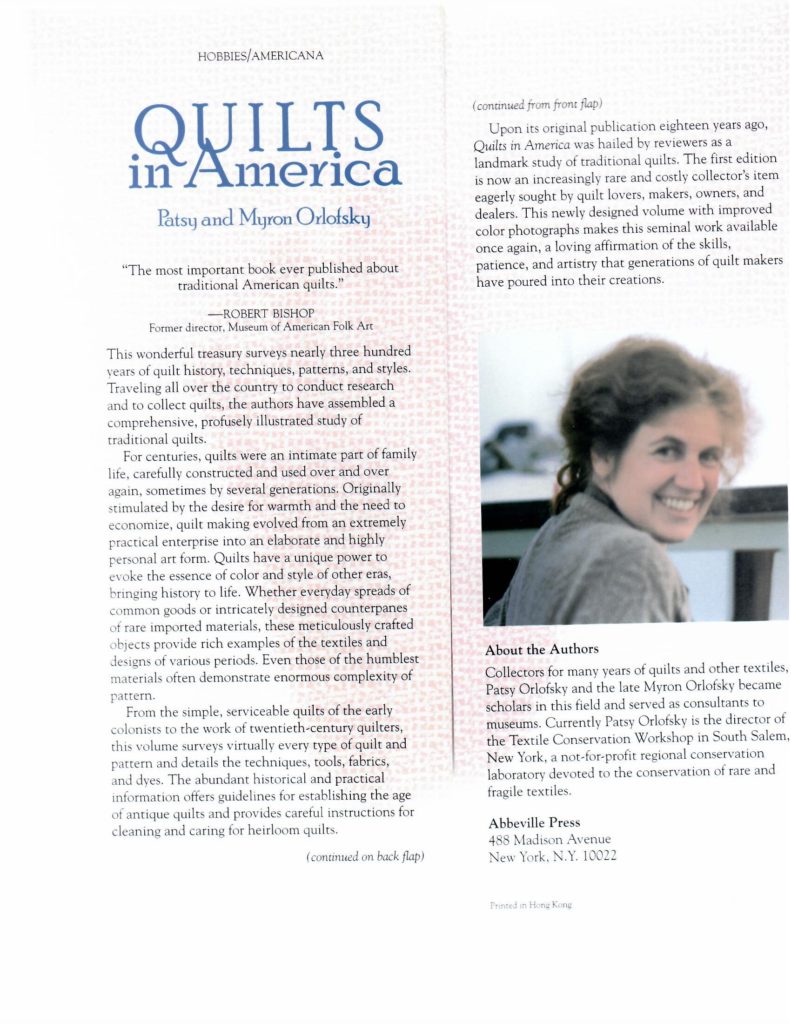
Of the many books on quilting that I treasure, consult, and enjoy, this one is at the top of the list. The Quilts of Gee’s Bend (Tinwood Books, 2002) is the exhibition catalog for a dazzling collection of quilts that Karla took me to see almost twenty years ago at the High Museum of Art in Atlanta where she lives. If you don’t know about the Gee’s Bend, Alabama quilt artists, please take a few minutes to savor their artistry, history, resilience, and living tradition of women supporting each other, learning from each other, and delighting in inventing ways to bring beauty into the practical world of daily life.
On that visit with Karla, I was bowled over by what I saw, and no less so when my generous sister then made a gift to me of this magnificent volume.
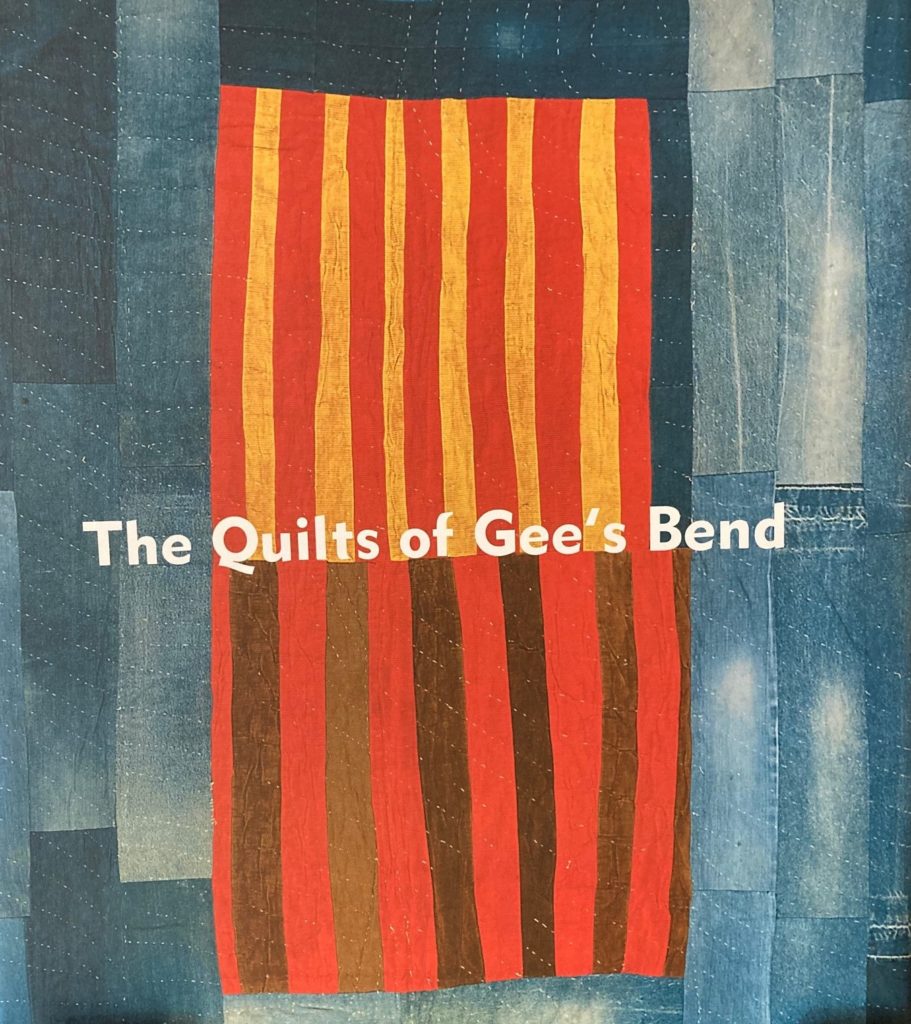
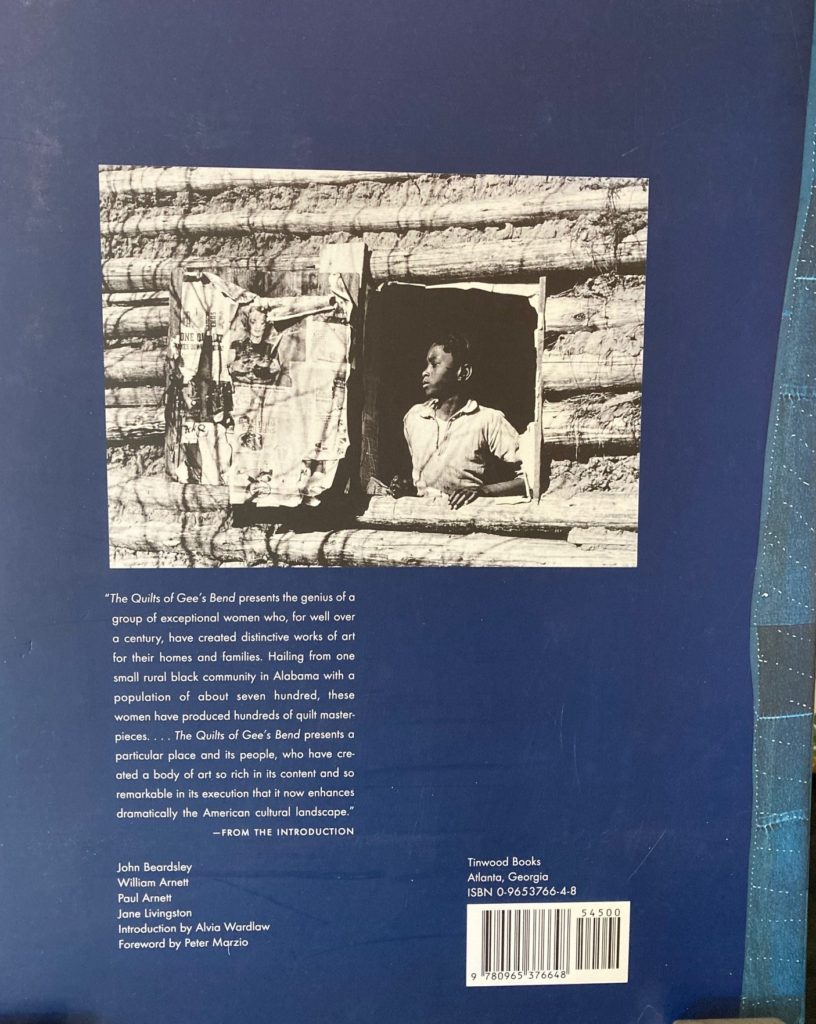
Until tomorrow!
LESLIE


